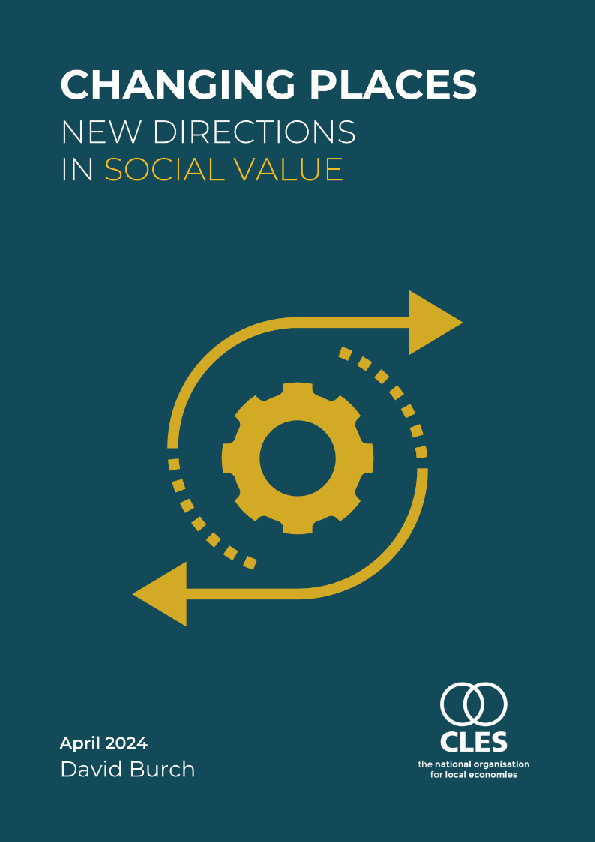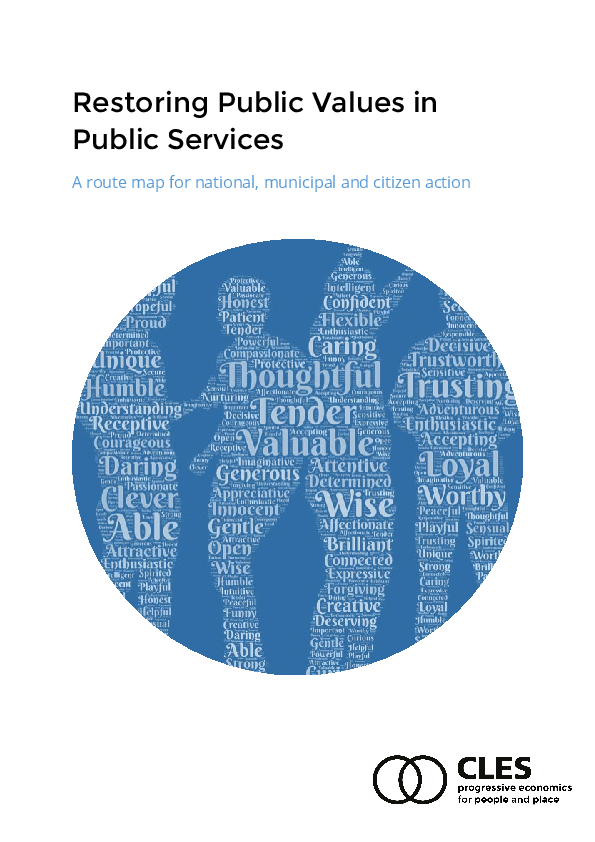2024: our greatest hits
As the year draws to a close, our Chief Executive, Sarah Longlands, looks back at the last twelve months of CLES’s work.
It has been a turbulent 12 months, with change – both good and bad – very much at the forefront on the domestic and international stages. Yet, despite the uncertainty of the times in which we find ourselves, at CLES we remain simultaneously pragmatic and optimistic about the power of our mission: delivering local economic change. As we wrote in our general election manifesto – Our Local Economic Future – change may be dreamt of by aspiring national leaders, but it is both delivered and felt in communities.
“the growth of ideas, of confidence, of time and of resources”
But this kind of change doesn’t happen by invoking economic growth as the key to every lock. The kind of change that our communities need comes instead from the growth of ideas, of confidence, of time and of resources: to challenge preconceptions and tired economic assumptions, to think differently and with ambition.
















